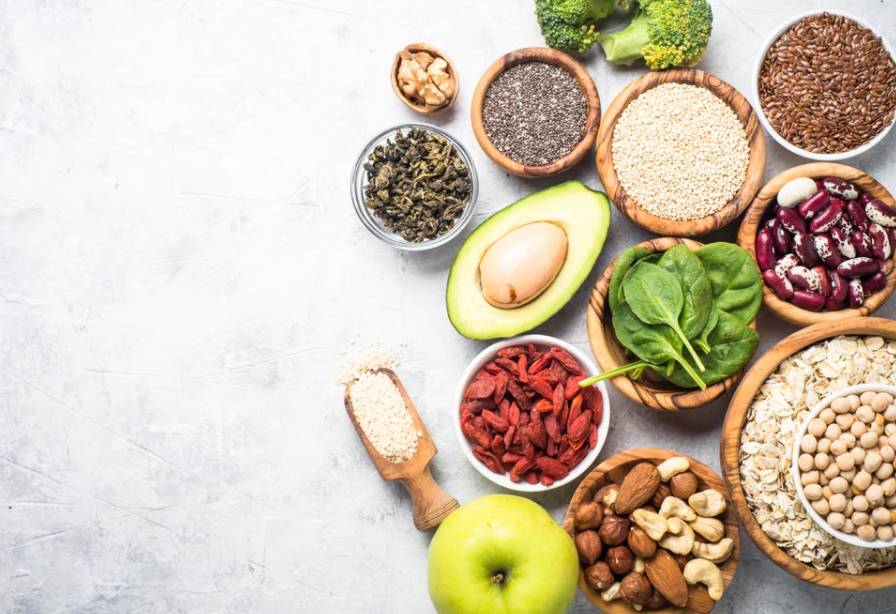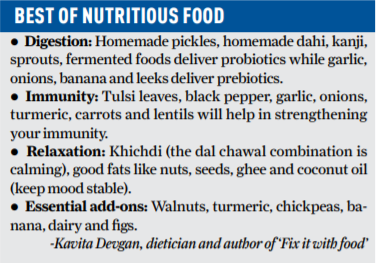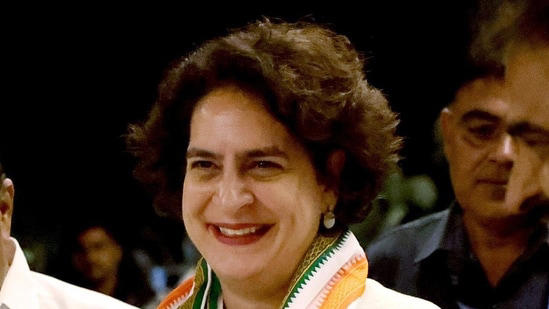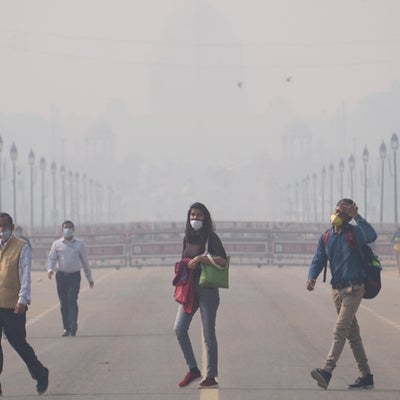
Is leading a healthy lifestyle your goal? Good nutrition along with exercise plays a pivotal role in achieving it. With September being observed as ‘Nutrition Month’ or ‘Poshan Maah’ across the country, the focus is on the importance of proper nutrition. Some form of regular physical activity or exercise ranging from brisk walking, cycling, yoga to gymming along with a nutritious diet can go a long way in maintaining overall health and well-being. It will not only promote healthy weight but also reduce the risk of chronic diseases which sedentary lifestyle, obesity and not taking care of your health may lead to.
The Global Nutrition Report 2020 stated that India is among the 88 countries that are likely to miss global nutrition targets by 2025 that is stunting among under-5 children, anaemia among women of reproductive age, childhood overweight and exclusive breastfeeding. 37.9% of children under 5 years are stunted and 20.8% are wasted, compared to the Asia average of 22.7% and 9.4%, respectively. India is identified as among the three worst countries, along with Nigeria and Indonesia, for steep within-country disparities in stunting, where the levels varied fourfold across communities. For instance, stunting level in Uttar Pradesh is over 40% and their rate among individuals in the lowest income group is over double than those in the highest income group at 22.0% and 50.7%, respectively. One in two women of reproductive age is anaemic. At a time, the world is battling Covid-19, which has exposed different forms of socio-economic inequities, this report calls for promoting equity to address malnutrition, says Raktim Chattopadhyay, founder and CEO at Esperer Onco Nutrition.

Food and nutrition education have a critical role in enabling access to sufficient quality and quantity of foods for households and communities. Nutritional education offers a nexus for the changes in individual behaviour and motivation essential for fundamental shifts in production and consumption patterns. Chattopadhyay believes that to be wellnourished, individuals need access to sufficient, safe and good quality food. He adds, “Promoting nutritionally adequate diets for all consumers will improve the health and well-being of the population and foster social and economic development. To avoid a crushing economic and social burden in the next 15 to 20 years, India needs to educate its people about eating the right foods– not just more or less food. People need to know what constitutes a healthy diet and how to make good food choices.”

Relevance of nutritional information
To attain your fitness goals, being equipped with nutritional information is as important as working out. Nupuur Patil, certified nutritionist, fitness and transformation coach opines, “Fitness- focused youth are missing out on their goals due to misinformation about latest crash diets and misdirected health claims promoted by self-proclaimed health fitness gurus on the internet. It will only help you achieve only short-term goals and not a sustainable healthy lifestyle.” According to her, the key nutritional rules that should be followed are eating natural foods as much as possible, having at least 5 to 6 small meals during the day. Include protein-rich food items such as dairy products, eggs, chicken and fish with your meals. Cut down on refined sugar intake and replace it with natural sugar options such as stevia and jaggery.
Wise choices for health
Small dietary changes can lead to a large impact in the long run. Rhea Shroff, founder of Ira Healthcare suggests certain healthy options to improve one’s day-today diet. She adds, “Instead of processed foods that contain chemicals, sugars and unhealthy fats go for whole foods. Rather than snacking on biscuits or an energy bar, snack on a handful of nuts with a piece of fruit. Include a source of protein and healthy fat at each meal. Chicken, fish, greek yoghurt are some protein-packed foods and olive oil, nuts and seeds are full of healthy fats and vitamins that can nourish your body.”
Food consistency
Consuming nutritious food once in a while will not yield desired results as consistency is the key here as well. Shroff affirms,” Nutrition is one of the pillars to good health and consistency is extremely important. However, that does not mean there is no room for enjoyment or indulging in your favourite foods. A good balance is being consistent 80% of the time and the rest 20% indulging. Sleep, exercise, stress-management are some other crucial factors that contribute to your health.”
Efforts to eliminate malnutrition
Malnutrition weakens the immune system and in turn, makes a person susceptible to illnesses as well as increases its severity and delays the recovery process. In a recent announcement, Prime Minister Narendra Modi stressed upon the need to increase awareness about nutrition. “We have a maxim -’Yatha Annam Tatha Mannam’ – mental and intellectual development is directly related to the quality of food intake. There is a need to increase awareness of nutrition.” The government has been consistently making efforts to eradicate malnutrition.
Focusing solely on food security is unlikely to solve the malnutrition crisis in the country. Nutrition education, awareness and accessibility are needed in all settings to protect the overall health of the people, says Chattopadhyay. However, public resources are scarce and urgent needs have priority. He believes that mothers need to know and practise some essential actions such as eating well themselves, breastfeeding exclusively up to six months and then providing rich and nourishing complimentary food while continuing to breastfeed to ensure their children’s physical and mental development. School children, at a critical age for forming good dietary habits, need to learn to eat and enjoy a variety of vegetables, fruits, grains and pulses. A good diet also helps build resistance to infection. “Those who provide advice on agriculture must know what crops can easily be grown to make quick and crucial improvements to family meals or enrich baby foods and must see the urgency of sharing this knowledge,” adds Chattopadhyay.
Combating undernutrition crisis
Is malnourishment in India being tackled effectively? The central government has announced an economic relief package and social security measures, while the state governments, on their part, have been making all efforts to help the needy citizens in the times of pandemic. However, malnourishment is a deep-rooted problem and needs a lifecycle approach to address it, asserts Santanu Mishra, co-founder and executive trustee of Smile Foundation.
He elaborates, “The process of ensuring that young adolescent girls are healthy and receive the right nutrition is of utmost importance. Their health determines the health of their baby, thereby breaking the cycle of malnourishment. A multipronged strategy is required to tackle the issue wherein all stakeholders including the government, nonprofits and community should work in harmony to find solutions.” Simply full-filling food needs are not adequate as spreading awareness on nutrition, availability along with food security is required.
Joint efforts will reduce the burden
Besides the various schemes, campaigns and initiatives by the central and state governments to improve overall nutritional outcomes, NGOs are also aiding in the fight against malnutrition among the underprivileged, especially children, pregnant women and lactating mothers. Mishra says, “As an organisation, we have been extremely concerned about the situation and from the first phase of lockdown itself. Our efforts have been towards aiding the distressed in this time of pressing need and are ensuring that food security reaches to the most underserved segment. We have provided dry ration kits to over 20 million beneficiaries across the country and also focused on equipping families with a balanced diet inclusive of rice, dal and other hygiene products.”
A daily struggle
Has the struggle for survival among the vulnerable communities intensified in the times of Covid-19? Dr Geetanjali Chopra, founder and president of Wishes and Blessings replies, “The Covid-19 crisis has affected the underprivileged the most. While earlier, they could survive with bits of food, now all avenues have been shut. The pandemic has exposed a dark truth- the looming hunger crisis. Several NGOs are working to ensure that no one is forced to sleep on an empty stomach. Their efforts are helping tackle malnourishment amongst the underprivileged. However, sustainable and long-term efforts are needed to ensure that we do not fall into an irreversible situation of a hunger pandemic.”














